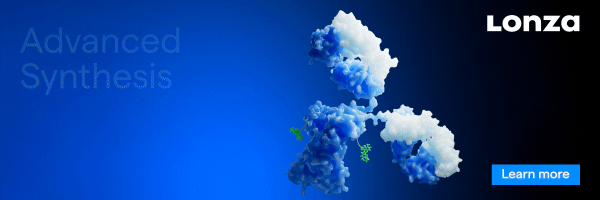Johnson & Johnson announced a definitive agreement to acquire Halda Therapeutics, a clinical-stage biotechnology company, on November 17, 2025. Johnson & Johnson will pay $3.05 billion for Halda, which owns a proprietary Regulated Induced Proximity Targeting Chimera (RIPTAC) platform that it is using to develop oral, targeted therapies for multiple types of solid tumors. According to a company press release, the transaction is expected to close within the next few months.
Halda’s lead candidate is HLD-0915, a once-daily therapy for prostate cancer that is currently being evaluated in a first-in-human Phase 1/2 clinical trial. FDA granted HLD-0915 Fast Track designation in August 2025. According to the release, Halda’s pipeline also includes candidates for breast, lung, and multiple other tumor types, and the RIPTAC platform may also be able to aid in developing novel targeted therapies for non-oncological conditions.
“This acquisition further strengthens our deep oncology pipeline with an exciting lead asset in prostate cancer and a platform capable of treating multiple cancers and diseases beyond oncology, providing a potential mid- and long-term catalyst for growth,” said Jennifer Taubert, Executive Vice President, Worldwide Chairman, Innovative Medicine, Johnson & Johnson, in the release. “We look forward to combining Halda’s pipeline, platform and people with our world class R&D, commercial and manufacturing capabilities and advancing our goal of bringing these therapies to patients around the world.”
“Many therapies lose effectiveness over time due to resistance. Halda’s innovative technology is designed to work even when cancers no longer respond to standard treatments using a novel mechanism that enables the selective killing of cancer cells,” said John C. Reed, Executive Vice President, Innovative Medicine, R&D, Johnson & Johnson, in the release. “Results seen with HLD-0915 demonstrate impressive preliminary efficacy and a strong early safety profile in prostate cancer. We are eager to accelerate the ongoing Phase 1/2 clinical trial of HLD-0915 and progress a pipeline of novel product candidates based on RIPTAC technology.”


